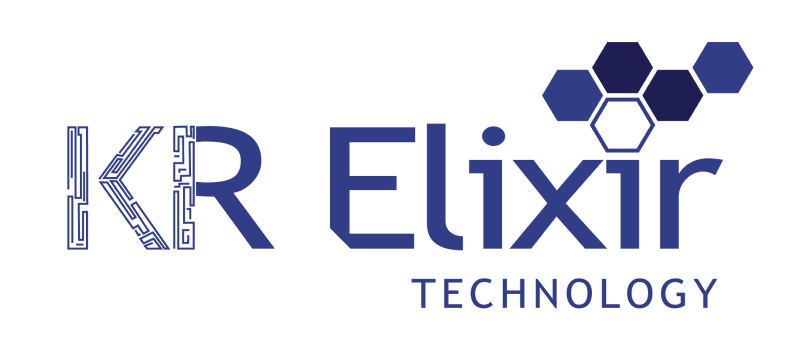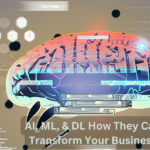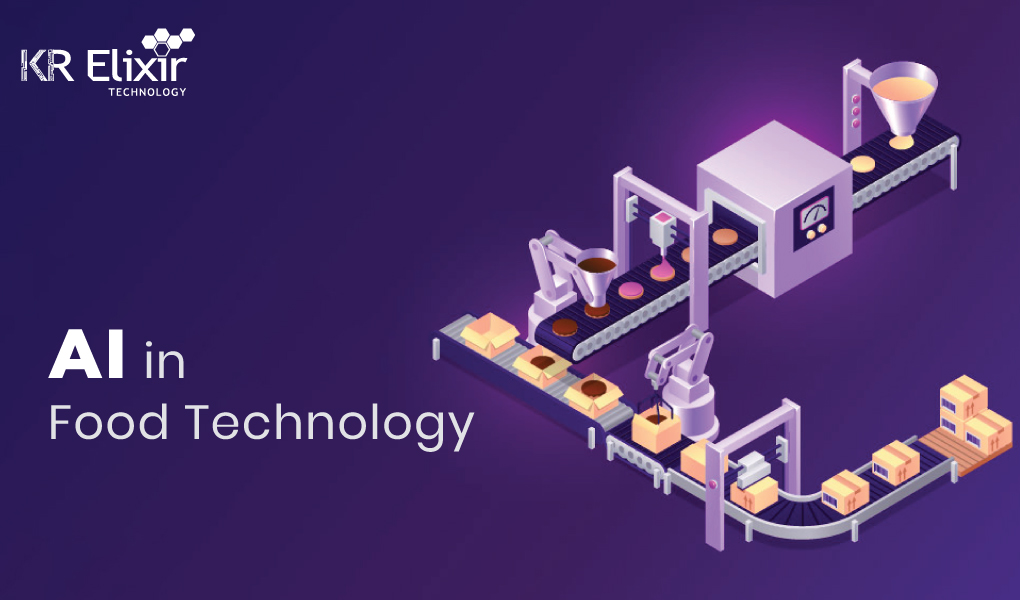The food industry has always been a dynamic and ever-changing field, with new technologies and innovations emerging all the time. Artificial Intelligence (AI) is now playing a major role in driving this change and shaping the future of food technology.
One of the key areas where AI is making an impact is precision agriculture. By using sensors, cameras, and other technologies, farmers can now gather vast amounts of data on soil conditions, weather patterns, and other factors that affect crop growth. This data is then analyzed by AI algorithms to determine the best course of action for each field. This can help farmers to optimize crop yields, reduce waste, and improve overall efficiency. Another important area where AI is being used in food technology is food safety and quality control. By using machine learning algorithms to analyze data from sensors and cameras, companies can quickly identify and address any issues that may arise during the production process. This helps to improve the quality of the final product and prevent food-borne illnesses and other health hazards.
AI is also being used to improve the efficiency of supply chain operations. By analyzing data from various sources, such as weather forecasts and consumer demand patterns, AI algorithms can help companies to optimize their inventory levels and production schedules. This helps to reduce waste and ensure that products are delivered to customers in a timely and efficient manner. In the realm of product development, AI can be used to identify trends and preferences among consumers, which can help companies to create new products that are better suited to the needs of their customers. This can help companies to stay competitive and meet the changing needs of consumers.
AI is also being used to improve the customer experience. By using natural language processing and other AI technologies, companies can now create chatbots and virtual assistants that can help customers place orders, track their deliveries, and even make recommendations for other products they may be interested in.
However, it’s not just about using AI technologies in isolation, but incorporating it as a part of a larger digital transformation strategy. This will help companies to fully leverage the potential of AI and related technologies in food technology. Investing in digital transformation services can also help companies to make the most of AI and other technologies, by providing expert guidance and support throughout the process.
Benefits of AI in Food Technology
Artificial Intelligence (AI) has brought a lot of benefits to the food technology industry. One of the key benefits is precision agriculture, which helps farmers to optimize crop yields, reduce waste, and improve overall efficiency. AI algorithms are used to analyze data from various sources, such as weather forecasts and consumer demand patterns, to determine the best course of action for each field.
Additionally, AI can also be used for food safety and quality control, by using machine learning algorithms to analyze data from sensors and cameras, companies can quickly identify and address any issues that may arise during the production process, ultimately improving the quality of the final product and preventing food-borne illnesses and other health hazards. AI also helps in improving the efficiency of supply chain operations, by analyzing data from various sources AI algorithms can help companies to optimize their inventory levels and production schedules, reducing waste and ensuring that products are delivered to customers in a timely and efficient manner.
Why is AI important in Food Technology?
Artificial intelligence (AI) is becoming increasingly important in food technology as it allows for more efficient and precise methods of food production, processing, and packaging. AI can be used to optimize crop yields, predict and prevent food spoilage, and improve food safety. In addition, AI can be used in the development of new food products, such as plant-based alternatives to meat, and the personalized nutrition field. AI can also be used to monitor and control the entire food supply chain, from farm to table, to ensure food quality and safety. Overall, AI has the potential to revolutionize the food industry and make food production more sustainable and efficient.
Conclusion
In conclusion, AI plays a significant role in shaping the future of food technology. It can improve crop yields, food safety, supply chain efficiency, and product development. Companies that want to stay competitive in the food industry should consider incorporating AI as a part of their digital transformation strategy and invest in digital transformation services to make the most of AI’s potential. This will not only help them to stay ahead of the competition but also to meet the changing needs of consumers and provide better service to customers.
If you too wish your consumers to have the best experience from your organization then make AI a part of your Digital Transformation strategy. Connect with KR Elixir Technology to achieve your business goals with the power of avant-garde technologies.





